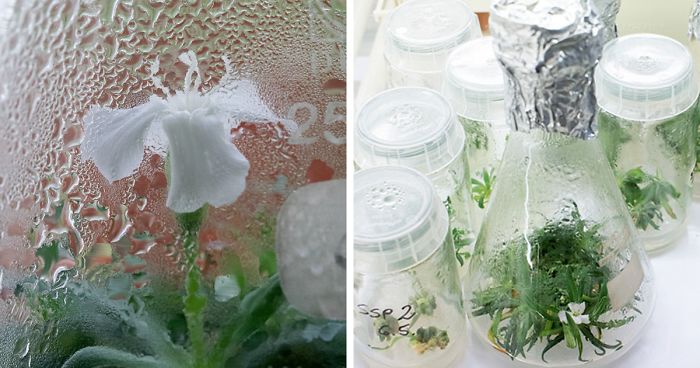
Scientists Grew A Plant From A 32,000-Year-Old Seed And It’s All Thanks To Squirrels
Oh, how much we still don’t know about this planet we call home. So many mysteries left to uncover, so many puzzles left to crack! In 2012, one such peculiar puzzle fell straight into the hands of six Russian scientists and left them quite intrigued, to say the least.
In 2012, S. Yashina, S. Gubin, S. Maksimovich, A. Yashina, E. Gakhova, and D. Gilichinsky found some 32,000-year-old seeds and managed to grow a viable plant from them. These seeds were found covered in ice and buried 125 feet underground, deep in the Siberian permafrost. At the time of this fascinating discovery, this group of scientists was investigating the burrows of ancient squirrels! The plant that had grown from these seeds was, in fact, a Silene stenophylla, a flower that looks strikingly similar to its modern doppelgänger that still grows in Siberia.
Image credits: Lisi Niesner
To this day, no one really knows how these seeds managed to survive for that long. Recently, some scientists in Austria decided to start tackling this mystery by investigating the DNA of these ancient plants.
Image credits: Lisi Niesner
This investigation is currently taking place at Vienna’s University Of Natural Resources And Life Sciences. The main goal of this exploration is to find out whether there are changes in plant genes that can adapt to very dry, hot, or cold conditions. Such findings could be really useful when dealing with climate change and looking for ways to help other plants survive.
Image credits: Yashina et al.
Moreover, as the Russian permafrost is now thawing, researchers will also be able to investigate the environment further to see what factors might have helped the seeds stay viable.
Image credits: Lisi Niesner
“I think mankind needs to be thankful for every piece of knowledge that we are able to create to protect our croplands,” says Professor Margit Laimer, a plant biotechnologist at the University of Natural Resources and Life Sciences in Vienna.
Image credits: Yashina et al.
Let’s wish these scientists good luck and if anything interesting gets uncovered, we will be sure to keep you posted!
Image credits: Yashina et al.
Many found this whole situation fascinating
Some seemed a bit spooked
And then some thought that 2020 is definitely not the right year for such research
88Kviews
Share on FacebookThe same thing was done a few years ago with some melon seeds found in an Egyptian tomb. The plants they grew were ancestors of modern day watermelons. Some people have doubts about the seed vaults that I believe are in Siberia. But these stories show the viability of the vaults.
Another possibly nasty side effect of climate change will be the release of who knows what from permafrost.
So, these 2 squirrel chasers say the seeds are 32,000 years old and everyone is accepting that? I mean how sane are a couple guys digging up squirrel burrows in Siberia anyway? The squirrels likely buried them a few years back.....
All this hoopla and no mention of the plant's name??? I'm seriously disappointed!
They can do that then why not put that science to use and help feed the world with growing more crops or find ways to raise the rate of photosynthesis.
The same thing was done a few years ago with some melon seeds found in an Egyptian tomb. The plants they grew were ancestors of modern day watermelons. Some people have doubts about the seed vaults that I believe are in Siberia. But these stories show the viability of the vaults.
Another possibly nasty side effect of climate change will be the release of who knows what from permafrost.
So, these 2 squirrel chasers say the seeds are 32,000 years old and everyone is accepting that? I mean how sane are a couple guys digging up squirrel burrows in Siberia anyway? The squirrels likely buried them a few years back.....
All this hoopla and no mention of the plant's name??? I'm seriously disappointed!
They can do that then why not put that science to use and help feed the world with growing more crops or find ways to raise the rate of photosynthesis.

 Dark Mode
Dark Mode 

 No fees, cancel anytime
No fees, cancel anytime 






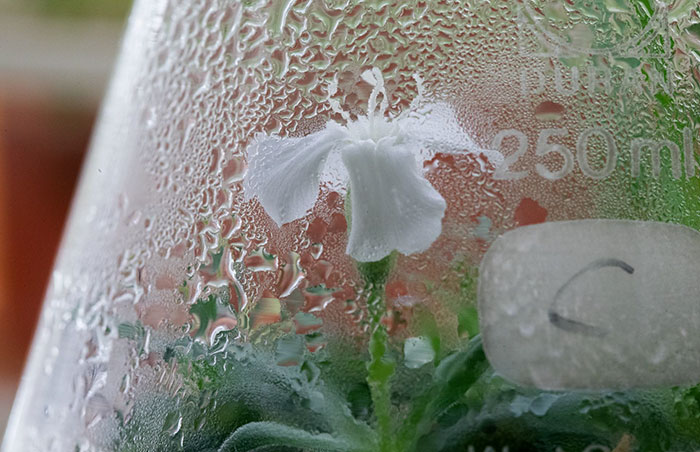
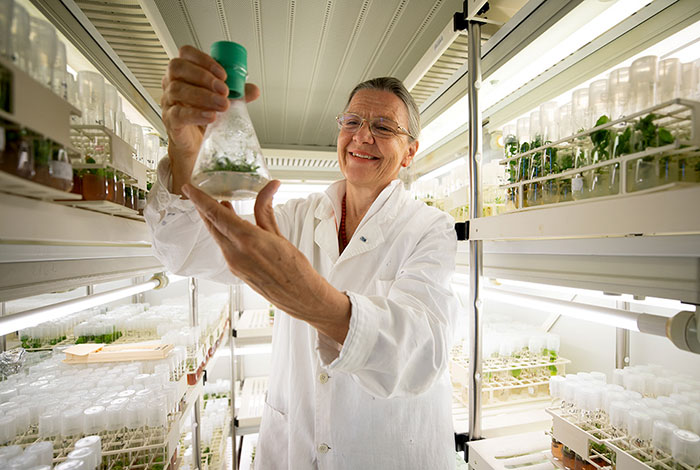
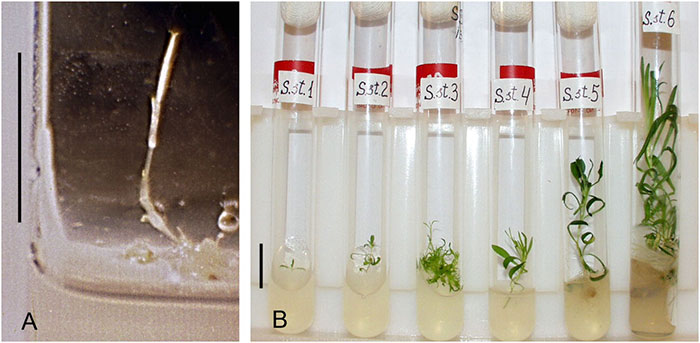
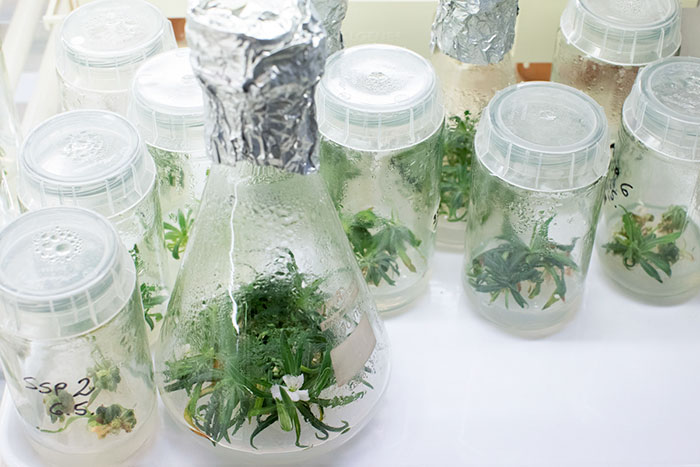
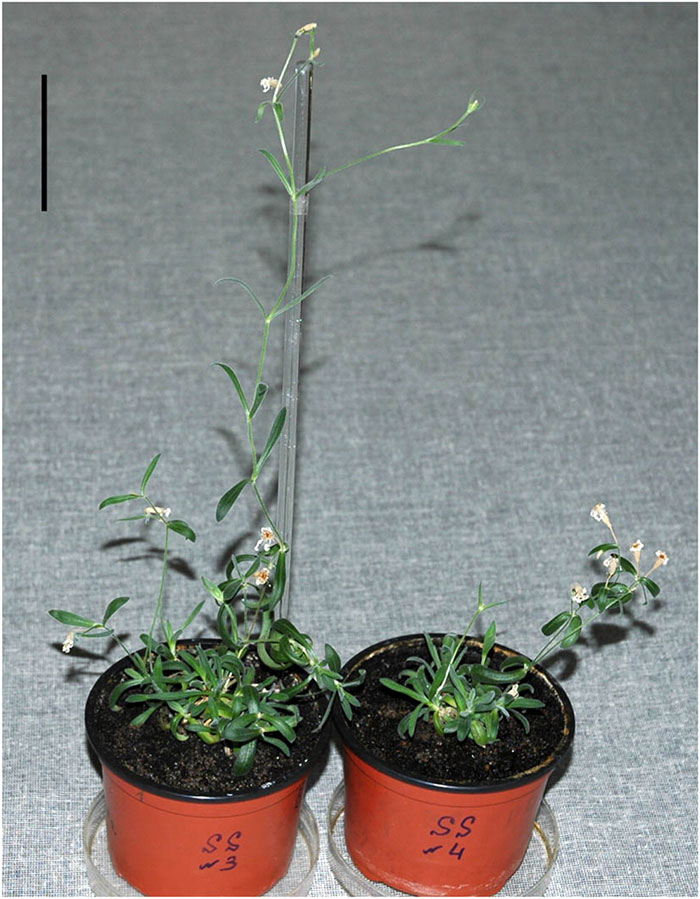
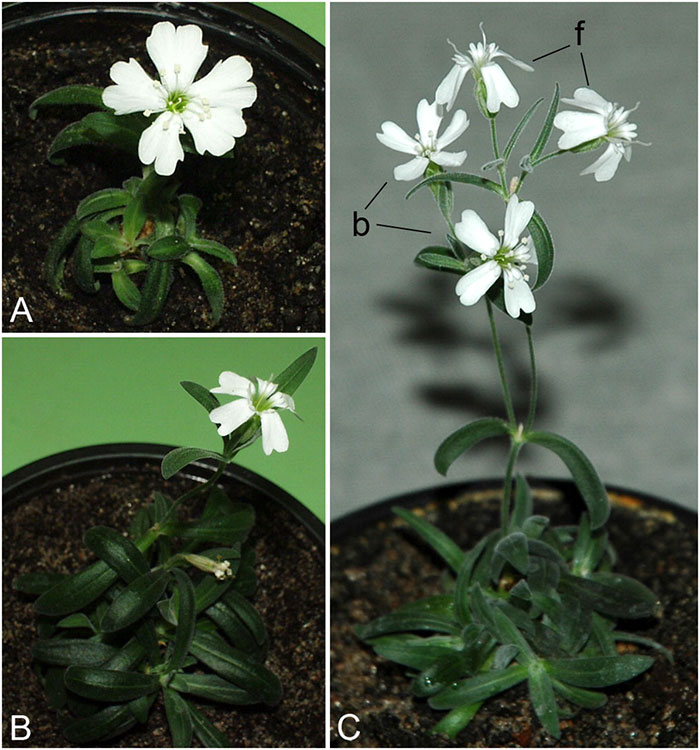








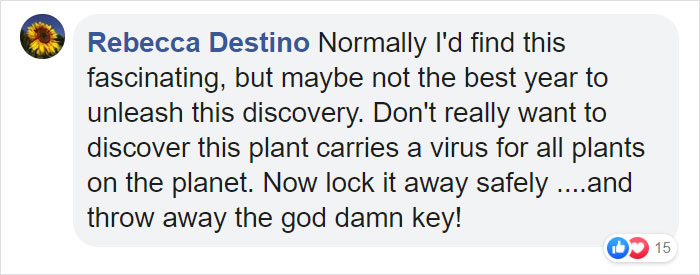












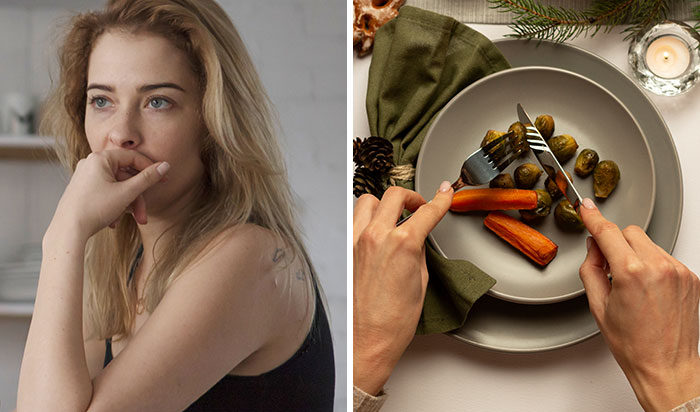
































260
33